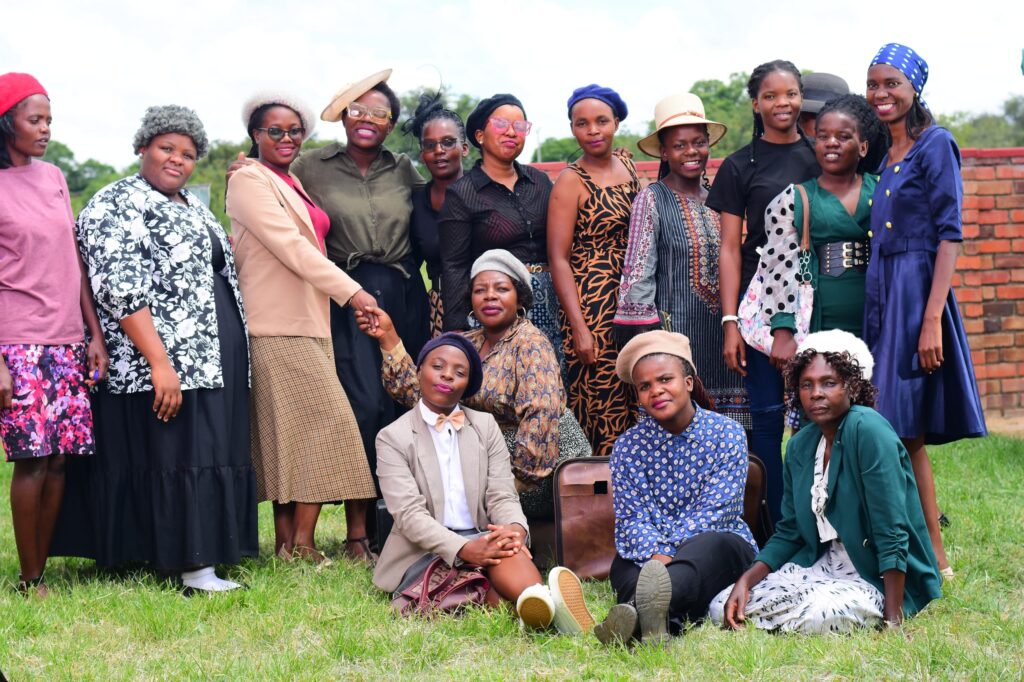Breaking Barriers: Women Leaders Unite on International Women’s Day
MoTown 60s Attire: “A symbolic nod to the struggles endured by women throughout history, participants were reminded of the resilience and perseverance that have driven the fight for gender equality.”

Every year, March 8th marks International Women’s Day (IWD), a day when women across the globe come together in solidarity, reflecting on their progress and continuing the fight for equality.
By Duduzile Mathema
This year, in Plumtree, Zimbabwe, Women’s Institute for Leadership Development (WILD) hosted a Leadership and Mentorship Engagement. Bringing together the Women Leaders Sounding Board, Women’s Hub, and Ward 6 Councillor Lethukuthula Mabuza (PR), the event provided a platform to celebrate achievements, assess progress, and confront persistent challenges within the women’s movement.
The event commemorated the milestones of the Beijing Declaration Platform for Action, a landmark agreement for gender equality forged 30 years ago, and examined its influence over three decades. A representative from the Ministry of Women Affairs, Community, Small and Medium Enterprises Development shared how the Ministry has been instrumental in driving local action and sustaining momentum in the women’s movement.
Councillor Lethukuthula Mabuza, speaking candidly about her own leadership journey, emphasized the value of building networks and aligning with like-minded individuals and organisations. “Collaboration is key in leadership,” she remarked, urging women to work together to achieve their visions and goals.
However, despite the strides made since the Beijing Declaration, women continue to face enduring societal barriers, such as the “pull her down syndrome,” wherein women often find themselves undermining each other rather than uplifting one another.
As the engagement drew to a close, participants outlined a forward-looking action plan aimed at fostering growth and unity among women leaders.
Key points included:
- Encouraging women to embrace continuous learning, particularly in areas such as financial emancipation.
- Recognizing the importance of mentorship programs to nurture and develop strong leadership within the region.
- Advocating for male inclusion in gender equality discussions, ensuring men are active allies in women’s emancipation efforts.
- Promoting cultural exchange initiatives to preserve and celebrate heritage, even among highly educated women leaders
